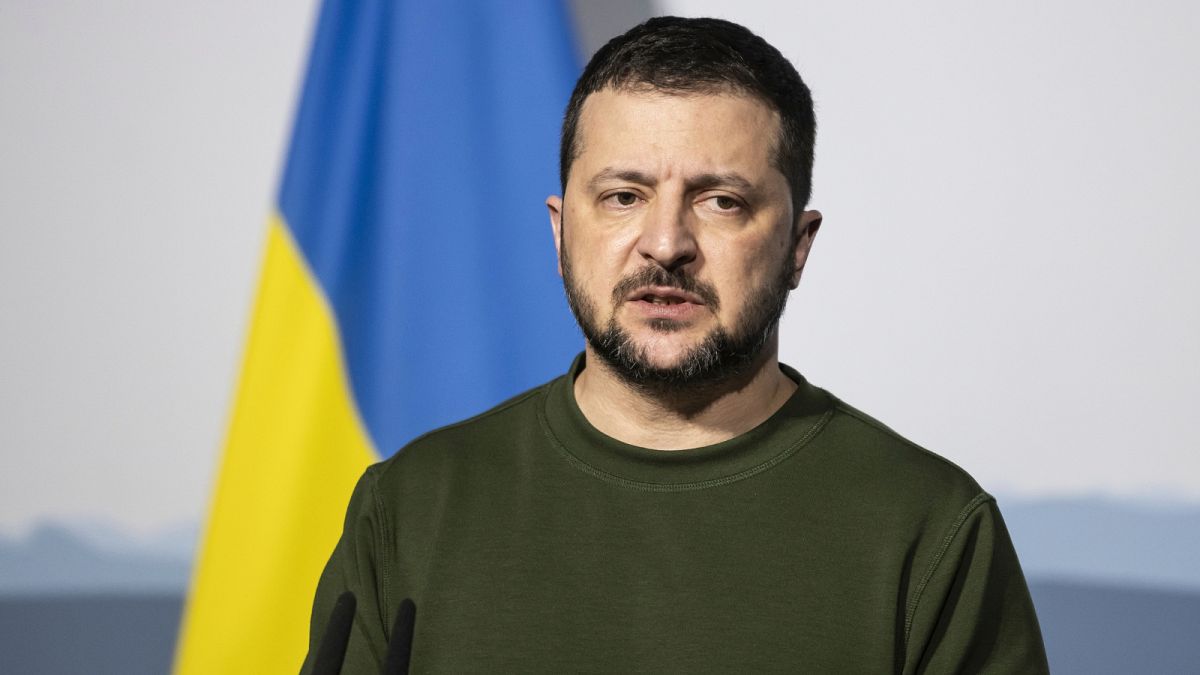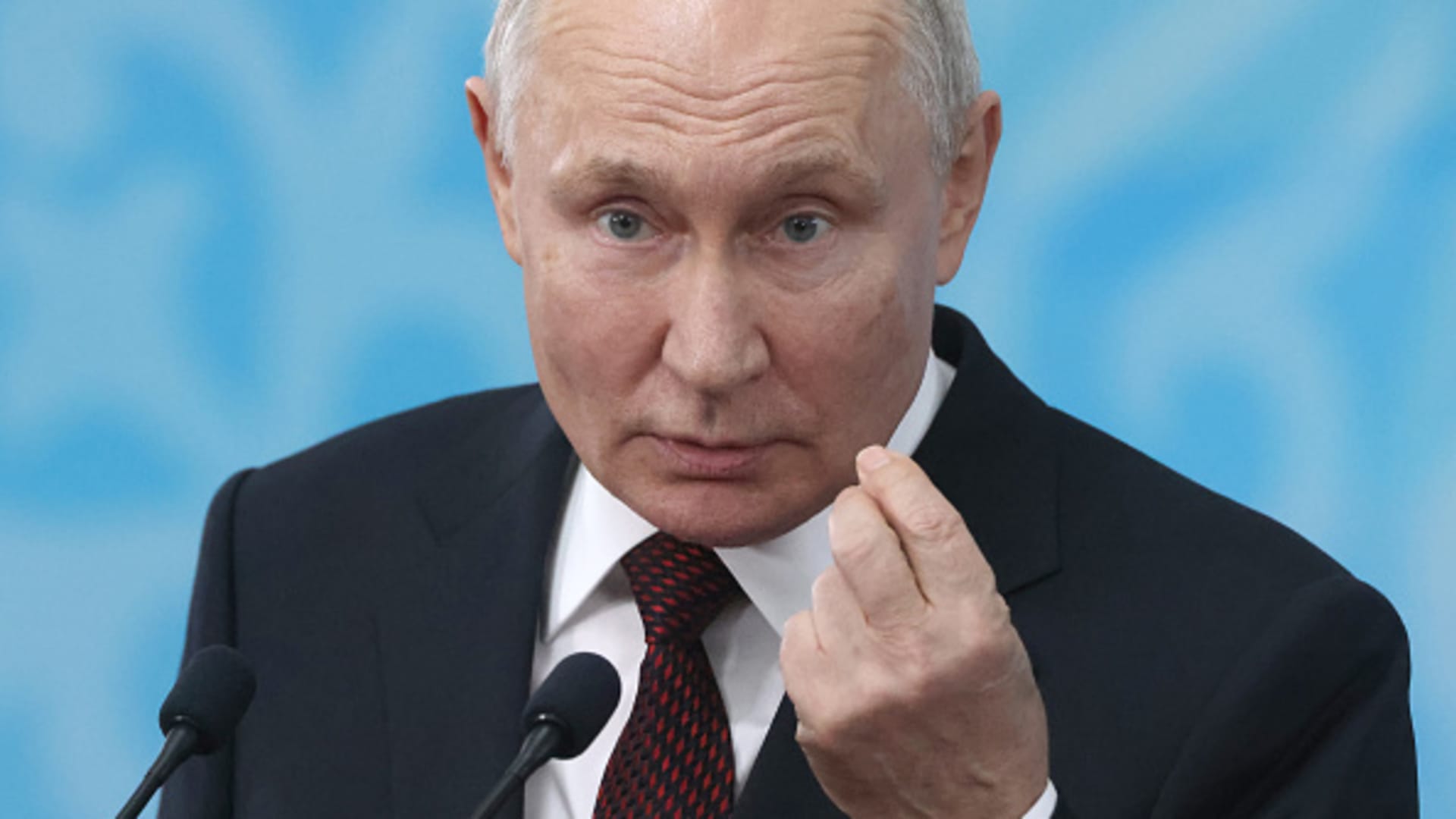
Ukraine's President, Volodymyr Zelenskyy, presented a peace formula at the World Economic Forum (WEF) in Davos on Sunday. The meeting was attended by national security advisers from around the world and included 81 participants from countries and international organizations. Mr. Zelenskyy was not present but was represented by his chief of staff Andriy Yermak.
The peace formula, which seeks expulsion of all Russian forces from Ukraine, comes as fighting continues in the region with both sides entrenched along a roughly 1,500km (930-mile) frontline. Ukrainian officials have stated that they will resist any temporary truce that does not come as part of a broader settlement.
President Zelenskyy was dressed in olive green pants and a black crew-neck sweater when he addressed the forum on Tuesday, promoting Ukraine's peace plan and calling for stiffer sanctions against Russia. He made no direct appeals for weaponry for new offenses on the battlefield.
Zelenskyy decried the failure of Western allies to sanction Russia’s nuclear industry and warned that Putin will not be satisfied with a frozen conflict, stating 'Predator Putin will not change.' He also cautioned against donor fatigue in the West, saying 'Anyone thinks this is only about us, this is only about Ukraine' and referenced Israel’s ongoing war with the Hamas militant group.
The Ukrainian premier emphasized that possible directions and even timeline of a new Russian aggression beyond Ukraine are becoming more obvious. He urged political and corporate leaders to build, reconstruct, restore lives in Ukraine, stating 'Each of you can be even more successful with Ukraine.'
Jake Sullivan, US National Security Advisor will deliver a message from President Joe Biden to Zelenskyy at the WEF in Davos. The White House wants Ukraine to change strategy in fighting Russian invaders: from offense to defense.
For Ukraine to play proper defense, it needs the wherewithal guaranteed by the US and its allies.



